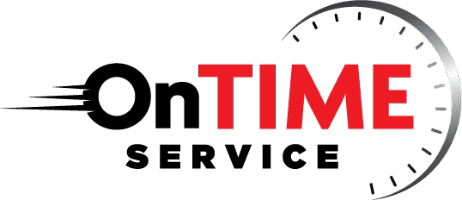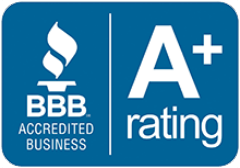Pollen is a common problem in the spring and summer for many Indiana residents. In addition to aggravating allergies, it can cause major problems for HVAC systems. Not only does it lead to air quality issues, but it also shortens equipment lifespan. Fortunately, there are ways to reduce its impact on your home.
Clogged Air Filters
The air filter on your HVAC has the specific responsibility of trapping dust and allergens. This keeps pollen from spreading throughout the house. However, during peak seasons, it’s very easy for filters to clog with pollen. The best way to avoid this is to check the filter every few weeks during the spring and summer and replace it as needed.
Increased Energy Consumption
There are many ways pollen increases the energy consumption of your HVAC. Clogged filters make the equipment work harder to heat and cool the house. They do this by reducing airflow and forcing the system to run longer cycles. This means the HVAC will use more energy and your energy bills will go up.
Poor Indoor Air Quality
When pollen infiltrates your HVAC system, indoor air quality becomes a serious problem. If pollen gets into your home’s ducts, it’ll spread all throughout the house. Those who suffer from respiratory illnesses may find this particularly troublesome. If you’re allergic to pollen, breathing pollen-laden air could make you sneeze, cough and have itchy eyes. Breathing may even become difficult in extreme instances. To keep the air in your house clean, you need to check the air filters often.
System Overheating
Another way that pollen impacts HVAC is by causing overheating. This is yet again a result of the clogged filter. As the system uses extra energy to work harder to push air through the filter, it can easily overheat. If not addressed timely, the system may experience permanent damage. Trying to deal with an overheating HVAC is very aggravating. The system may shut down at any time. You really don’t want this to happen when it’s really hot or cold outside. Regular filter changes can help keep this from happening.
Damage to the Coils
The coils in your HVAC help transfer heat. When pollen settles on them, they lose some of their efficiency. Cleaning the coils is one of the best ways to help them maintain their efficient heat transmission. You, as the homeowner, should never try to clean or work on coils yourself. This is something that should always be left in the hands of a professional.
Mold Growth
Pollen and other types of organic materials are frequent causes of mold growth in heating and cooling systems. As the pollen makes its way into air ducts, it mixes with moisture. This creates an ideal breeding ground for mold, which can grow on coils, ducts and even the air handler. If not removed, the mold can cause permanent damage to these components. Mold is also a health problem for humans. After long exposure, it can lead to respiratory issues, allergic reactions and chronic sinus infections.
How to Reduce Pollen
As we’ve already discussed, the best way to prevent pollen issues with HVAC equipment is to keep the air filters changed regularly. This improves airflow, boosts efficiency and helps the AC and heater last longer. It also prolongs the life of air ducts.
In addition to filter changes, there are several other things you can do to prevent problems with pollen. During high pollen seasons, you’ll want to keep all doors and windows closed. This will discourage pollen from drifting indoors. If there are any cracks around doors or windows, you’ll need to seal them with caulk or weatherstripping. You can also use a whole-home air purifier to help trap pollen and other airborne particles before they reach the heating and cooling equipment.
Many pollen experts agree it’s best to leave your shoes outdoors during high pollen seasons. This reduces the chances of carrying allergens inside via your shoes. It’ll also help keep your floors cleaner. If your home has a problem with humidity, you may want to consider using a whole-home dehumidifier or humidifier. Pollen and mold both thrive in air that has a lot of moisture in it. The best relative humidity level is between 30% and 50%.
If you have any other questions about pollen and how it impacts your HVAC, OnTIME Service has the answers. We offer a variety of services to help keep your AC and heater working efficiently. These services include HVAC tune-ups, air quality solutions, air duct cleaning and more. Call OnTIME Service now to access the best heating and air services in Hanson, KY.









